ScaleIO

ScaleIO: Enterprise Storage Management & Infrastructure Optimization
ScaleIO software aggregates capacity across multiple storage devices to create a virtualized storage pool, increasing scalability and efficiency for enterprise storage management.
What is ScaleIO?
ScaleIO is an enterprise-grade software-defined storage platform developed by Dell EMC. It provides highly scalable and flexible storage management by abstracting storage resources into unified pools that can scale capacity and performance on demand.
Some key capabilities and benefits of ScaleIO include:
- Creates a virtualized storage pool from existing local or attached storage devices like HDDs, SSDs, and PCIe flash cards
- Works across commodity servers to provide centralized storage management and optimization
- Built-in data protection with distributed RAID, intelligent caching, and redundancy
- Auto-balancing to optimize performance and utilization across resources
- API access enables integration with cloud, automation, containers, and more
- Scales linearly to thousands of nodes with millions of IOPS at petabyte capacity
- Reduces storage TCO through hardware independence and automation
Ideal uses cases for ScaleIO are VDI environments, high performance databases and analytics applications, containerized workloads, and server virtualization. It competes with software-defined block storage solutions like VMware vSAN, Nutanix Acropolis, and RedHat Ceph.
ScaleIO Features
Features
- Software-defined storage
- Creates virtualized storage pool from commodity hardware
- Supports SSDs and HDDs in the same pool
- Storage pooling across servers
- Inline deduplication and compression
- Thin provisioning
- Automatic load balancing
- Multi-site data replication
- APIs for automation and orchestration
Pricing
- Subscription-Based
Pros
Cons
Reviews & Ratings
Login to ReviewThe Best ScaleIO Alternatives
Top System & Hardware and Storage Management and other similar apps like ScaleIO
Here are some alternatives to ScaleIO:
Suggest an alternative ❐Ceph
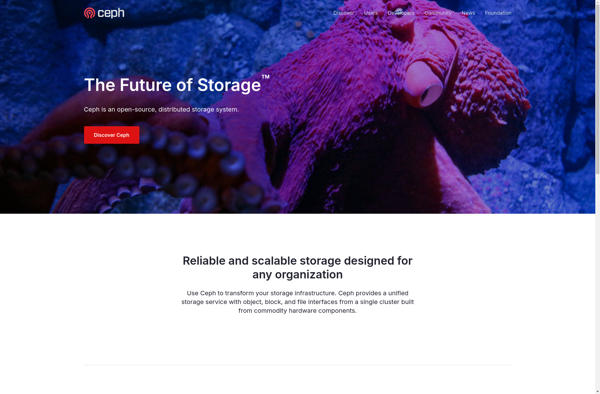
GlusterFS
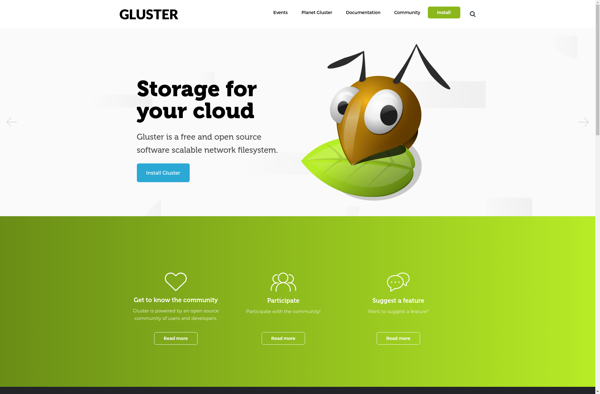
MinIO
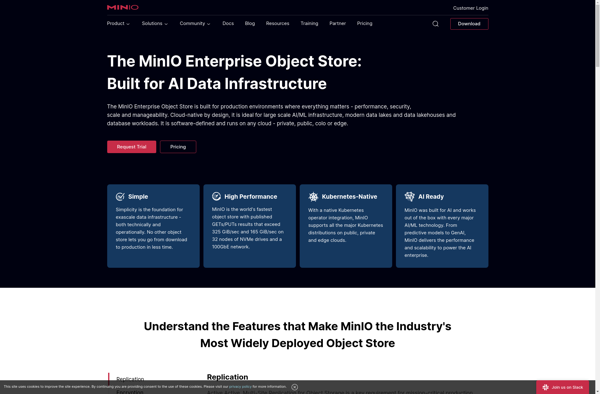
StorPool
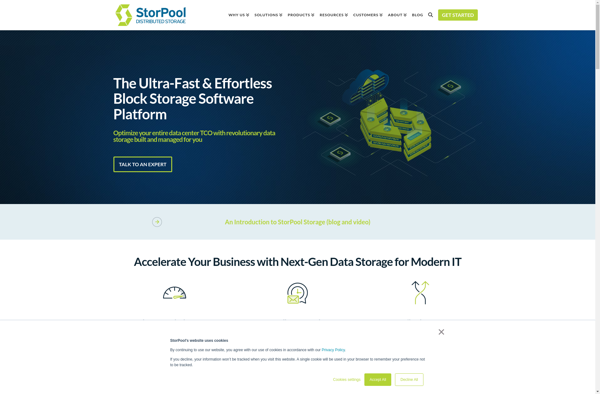
Seaweed FS
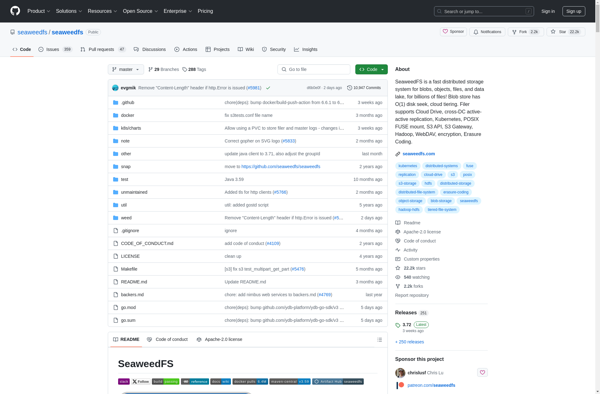
Quobyte
